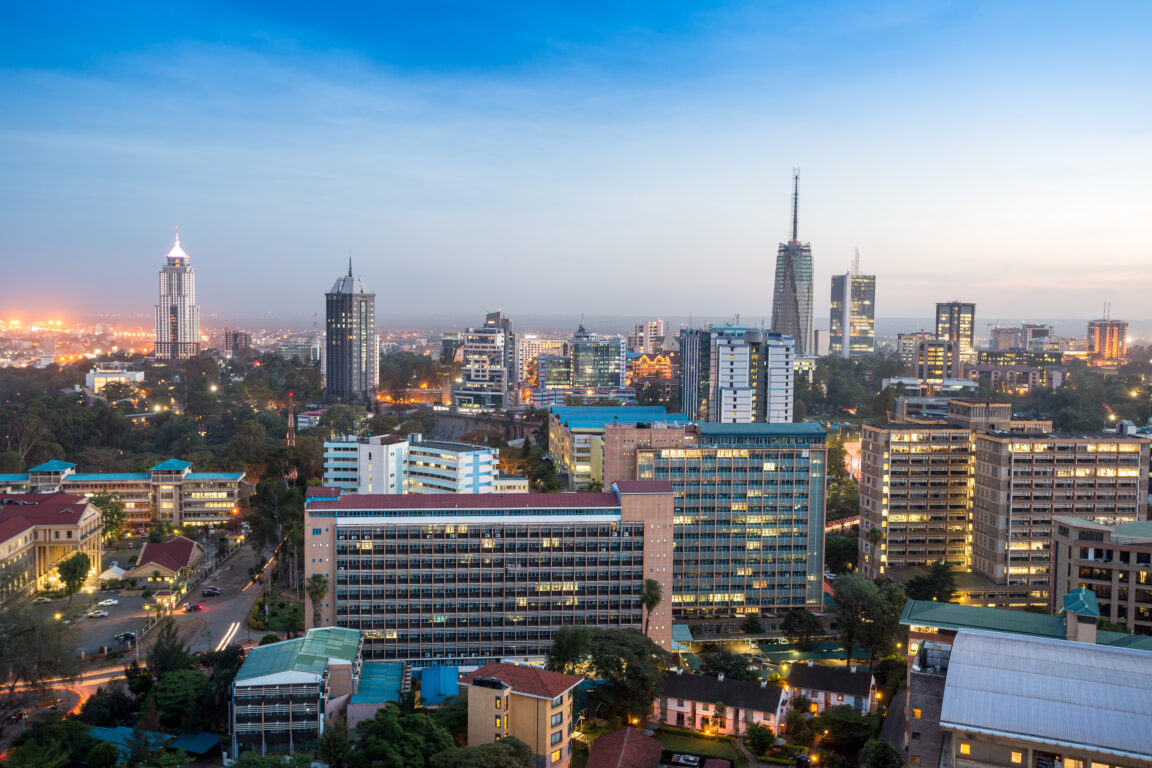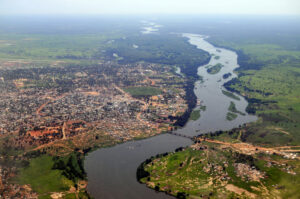Trade and Financial Service Round-Up: Issue No. 12 of 2025

Kenya
14 Banks Defy CBK Order to Reduce Cost of Loans
Only five out of Kenya’s 38 banks have lowered lending rates to match the reduction of the benchmark rate by the Central Bank of Kenya (CBK) at the end of February, despite threats of daily fines. Between August 6 and February 5, the CBK reduced the benchmark rate, or Central Bank Rate (CBR), by 2.25 percentage points to 10.75% from a 22-year high of 13%, which had lasted for about seven months. As of the end of February, only five lenders—Citibank N.A. Kenya, Absa Bank, Standard Chartered Bank Kenya, Victoria Commercial Bank, and Stanbic Bank Kenya—had reduced their rates by at least 2.25 percentage points.
(Business Daily)

Tanzania
Bank of Tanzania Intervenes In The Forex Market To Stabilise The Shilling
In alignment with its Foreign Exchange Intervention Policy of 2023, the Bank of Tanzania has recently intervened in the Interbank Foreign Exchange Market (IFEM) to support the country’s monetary policy objectives and ensure the stability of the Tanzanian shilling.
This move highlights the bank’s proactive role in maintaining market stability, addressing the economy’s needs while achieving broader monetary policy objectives.
(The Citizen)
 Uganda
Uganda
IG to Punish Leaders Over Undeclared Assets
The Inspectorate of Government (IG) has warned that all public officers and politicians who fail to declare their wealth will face punitive measures. A public notice issued by the IG emphasised that the law does not provide for an extension of the declaration deadline. All leaders are reminded to declare their income, assets, and liabilities as required by the Leadership Code Act, Cap 33, whose deadline was March 31st. The Leadership Code Act was enacted to prevent behaviour that could compromise honesty, integrity, impartiality, and probity in the management of public affairs, funds, and property.
(The Monitor)
Rwanda
Kigali Bans Use of Mud Bricks in Construction of Commercial Buildings, Churches
The City of Kigali has stated that mud bricks or adobe are not permitted for use in the construction of commercial buildings, churches, or mosques. The announcement was made on Wednesday, April 2, as part of guidelines aimed at regulating the construction sector and improving building standards, emphasising that the use of mud bricks (locally known as rukarakara) should be limited to specific types of residential buildings. The statement highlights key points regarding the production and use of rukarakara bricks. First, it is now illegal to make these bricks without proper authorisation from the Rwanda Housing Authority (RHA). Builders must undergo training and acquire certification before producing rukarakara bricks for any construction project.
(The New Times)

Ethiopia
City Admin’s New Working Hour Rules Infuriate Bankers
A directive from the Addis Ababa City Administration extending banks’ working hours has sparked backlash in the industry, with bankers labelling the move as “pointless and inconsiderate”. Issued on March 25, 2025, and signed by Habiba Siraj, head of the Addis Ababa Trade Bureau, the directive obliges banks, other businesses, and transportation services to remain open for service until 9:30 PM. The Bureau has explicitly instructed the National Bank of Ethiopia (NBE) to enforce the new hours, citing the need to align with evolving urban work cultures and to accelerate economic activity spurred by ongoing infrastructure projects, such as the government’s corridor development initiative.
(The Reporter)

Sudan
Sudan: Ruto’s Claims on Tea Exports ‘Inaccurate’, Kenyan Tea Still Banned
Sudan insists that it has not reversed the ban on tea trade with Kenya, which was imposed about three weeks ago in protest of Nairobi’s alleged ties with the paramilitary group Rapid Support Forces (RSF), currently fighting the junta. Sudan’s embassy in Nairobi on Tuesday dismissed President William Ruto’s remarks on Monday night that Kenyan traders were still selling tea to Sudan. Sudan’s Ministry of Trade and Supply had issued a decree suspending all imports from Kenya in line with the country’s national interests.
(The East African)
Somalia
Somalia Offers US ‘Control’ Over Strategic Ports
Somalia’s government has offered the US “exclusive operational control” over strategic ports on the Gulf of Aden to prevent Washington from recognising breakaway regions in the troubled Horn of Africa nation. It made the offer despite not being in control of the sites. In a March 16 letter seen by Semafor, Somalia’s President Hassan Sheikh Mohamud offered the US President “strategically positioned assets.” These could “bolster American engagement in the region, ensuring uninterrupted military and logistical access while preventing external competitors from establishing a presence in this critical corridor,” the letter said. But the assets in question — the Berbera port and airbase, located in Somaliland, and the Bosaso port and airbase, in Puntland — are not under the control of Somalia. Mogadishu considers all of these locations part of its sovereign territory.
(Somali Guardian)

